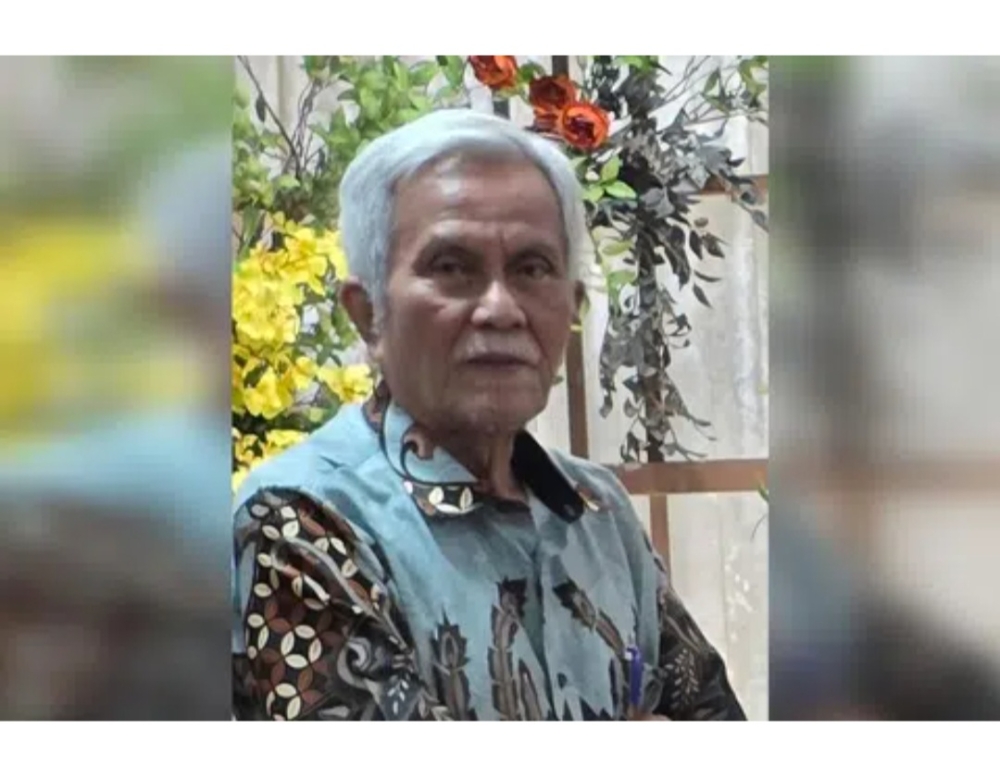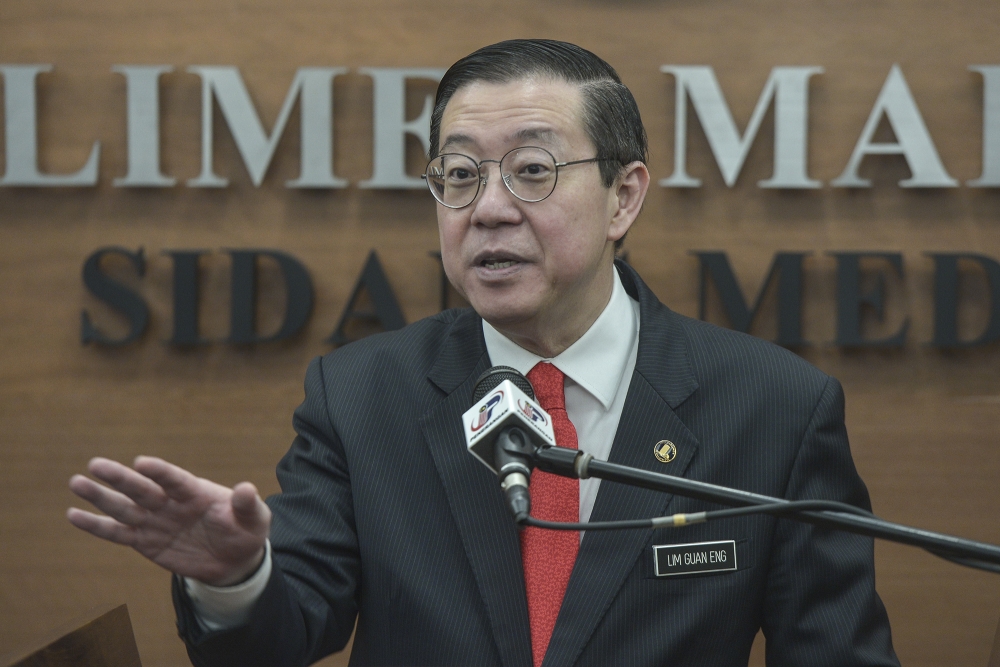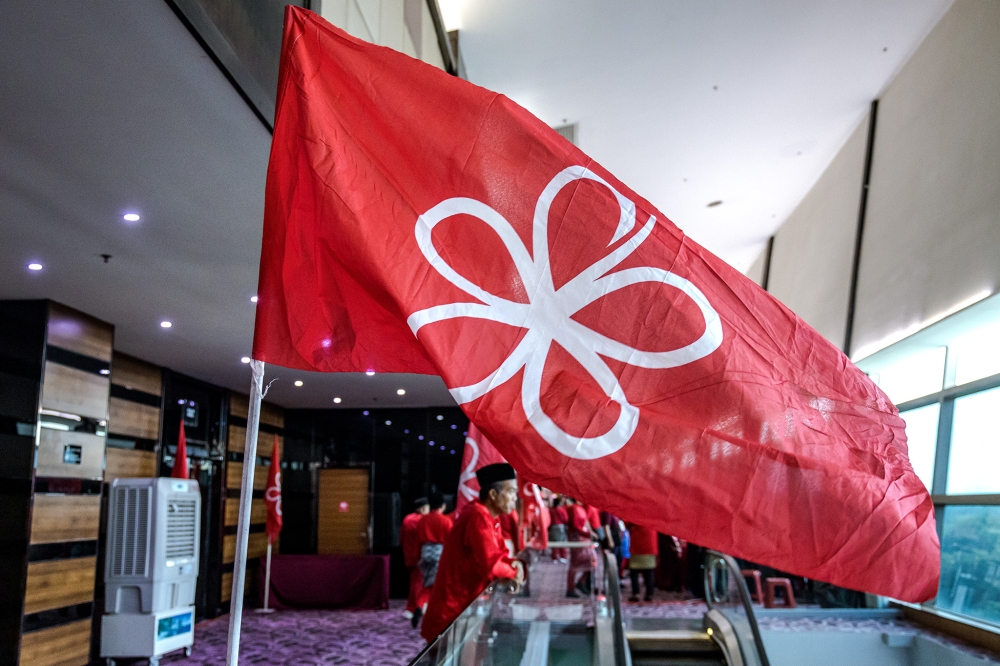KUALA LUMPUR, Aug 12 — Sahabat Alam Malaysia (SAM) today urged the government not to extend rare earth miner Lynas Corp’s operating licence when its expires on September 2.
SAM President Meenakshi Raman said the government should not compromise with Lynas by allowing the firm to operate here by recycling its Water Leach Purification (WLP), a residue from its mining operations, which supposedly contains radioactive wastes including thorium and uranium and the neutralisation underflow residue (NUF).
The government had recently announced that they have removed the pre-requisite from Lynas’s to repatriate its WLP residue back to Australia as a precondition for its licence renewal due by September 2.
However, the current arrangement is that Lynas can continue its operation by recycling the waste or dispose of it in a permanent disposal facility (PDF).
“In our view, such recycling should not be approved. If such recycling is allowed, it could have adverse effects not only on human health but also on Malaysia’s economy. It is likely that foreign consumers would reject using the country’s agricultural products in which radioactive material has been used as fertiliser.
“This would include causing new problems for Malaysian palm oil which is already facing marketing problems in Europe. It is also possible that local consumers who are afraid of the risks of consuming food products containing radioactive material could switch to buying imported products. This is on top of the actual risk of health hazards faced by Malaysians who consume such products.
“Therefore, we strongly oppose this option of the recycling of the wastes for use as a soil conditioner,” she said in a statement.
Meenakshi also opposed to the idea of Lynas building a PDF here as the waste would still remain radioactive and pose health and environmental risk to the locals.
“According to reports, the WLP wastes amount to an accumulated 451,464 metric tonnes, while the NUF waste totals over 1.113 million metric tonnes, accumulated over six years and the wastes are growing by the day.
“Having not secured a permanent site until now, Lynas appears to be searching for places to be the venue for the PDF. Suggestions have been made that the wastes be dumped in disused mines. We strongly oppose to such move.
“Just because governments set what is known as ‘permissible levels’ of exposure, this does not mean that these levels are safe,” she said.
Meenakshi added that Lynas should still repatriate its waste back to Australia and urged the government to not allow further entry of rare earth operations into the country, especially if it generates radioactive and other hazardous wastes and have been disallowed from operating in their countries of origin.


















